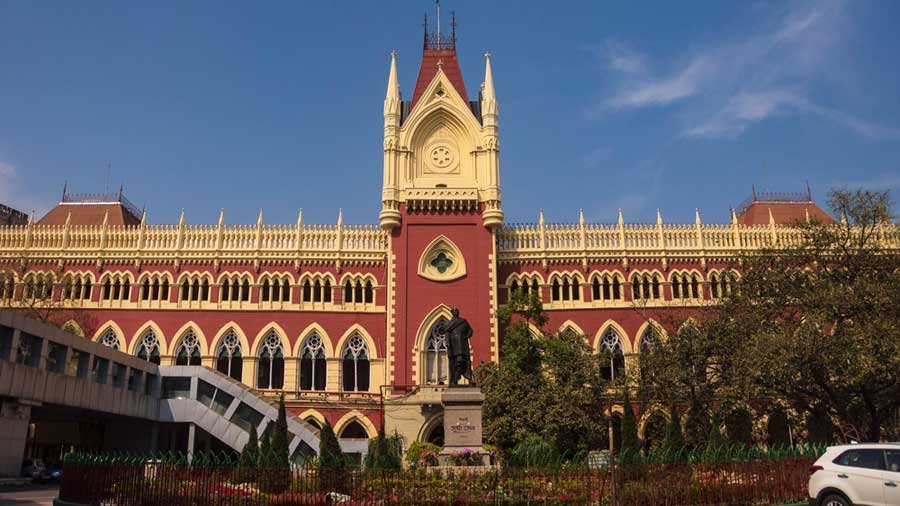“This is my parent High Court and I am distressed to say that hybrid is done away with. How many courtrooms have hybrid hearings apart from Justice Gautam Patel?” the CJI asked.
Chief Justice of India (CJI) DY Chandrachud strongly disapproved of the Bombay High Court’s decision to discontinue video conference (virtual) hearings and hybrid mode hearings on Friday. Besides Justice Gautam Patel of the Bombay High Court, he observed that very few other High Court judges appeared to appreciate technology. The CJI questioned this reluctance, asking, “Why is it so retrograde on technology? … apart from Justice Patel no one else is using it,”
The Chief Justice of India did not conceal his concern, especially given that the Bombay High Court is his parent High Court. He expressed disappointment that the infrastructure for hybrid hearings in Bombay had been dismantled and inquired, “Now in Bombay (High Court), you have disbanded the infrastructure and the infrastructure has been disbanded. This is my parent High Court and I am distressed to say that hybrid is done away with … How many screens have been removed? How many courtrooms have hybrid hearings apart from Justice Gautam Patel?”
This matter was brought to the attention of the CJI while he was a member of a bench hearing a petition before the Supreme Court that raised concerns about the diminution of virtual hearings in various judicial forums, including High Courts, company law tribunals, and National Green Tribunals.
The Chief Justice of India emphasized that every justice in India must keep up with technological advancements. He stated, “The question is not whether a judge is tech-friendly or not. If you have to be a judge you have to be tech-friendly. If you want to be a judge in this country, you must know technology and every judge needs to be trained. Even Supreme Court judges have been trained in training centres. Justice (Ravindra) Bhat has handled those teams,”
The Chief Justice of India questioned why High Courts were reluctant to implement technology when the Supreme Court had successfully adopted it. He voiced his concerns to the Advocate General of Maharashtra, Dr. Birendra Saraf, who clarified that virtual hearings were permitted upon request. However, the CJI remained concerned and inquired, “Why are other judges not adopting technology? What is the aversion? In a city like Mumbai, travel is so difficult … I, as a lawyer (would have to run) from the High Court to the city civil court,”
The Advocate General responded by assuring the Supreme Court judges that he would discuss the matter with the Chief Justice of the High Court on the same day. The CJI emphasized that technology was no longer a choice, stating, “Why are other judges not adopting technology? What is the aversion? In a city like Mumbai, travel is so difficult … I, as a lawyer (would have to run) from High Court to the city civil court,”
The same day’s order reflected the Court’s concern over the inadequate implementation of hybrid hearings in various High Courts, including the Bombay High Court. In spite of some High Courts professing to have hybrid hearings or video conferencing facilities, the order noted a significant disparity between High Courts in their adoption of technology. The actual statistics regarding the quantity of hybrid mode-conducted hearings were deemed unsatisfactory.
During the hearing, the CJI emphasized, “Bombay is the premier financial center and it has to be consistent with the march of technology … You cannot say you will keep working like you did before 150 years. A young lawyer wrote to me that a judge’s usher told her not to use an iPad in the courtroom … Lawyers cannot be told to shut down their devices … they have to access legal websites, etc. … Lawyers have to be encouraged to use it and that is why internet is available across the Supreme Court now,” he said.



